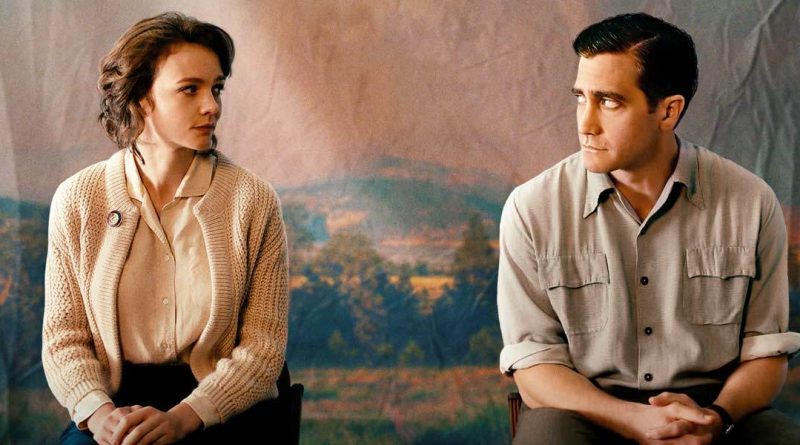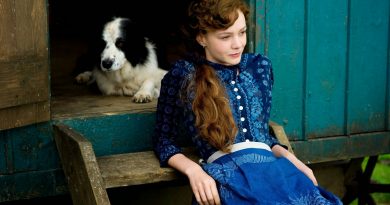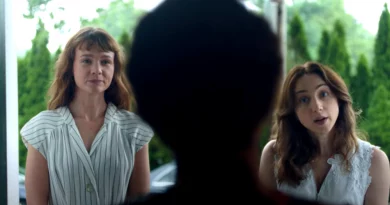Wildlife (12A) | Close-Up Film Review

Dir. Paul Dano, US, 2018, 105 mins
Cast: Jake Gyllenhaal, Carey Mulligan, Ed Oxenbould, Bill Camp
Review by Carol Allen
Actor Paul Dano makes a very creditable debut here as a director. He also co-wrote the screenplay with life partner Zoe Kazan.
Based on a novel by Richard Fort, the story is set in small town Montana in the early sixties. From the décor it looks like the fifties, but that’s because the sixties as we think of them didn’t start until later, particularly in small town Montana.
Jeanette and Jerry Brinson (Carey Mulligan and Jake Gyllenhaal) and their 14 year old son Joe (Ed Oxenbould) have recently moved to the area. On the surface they look like the perfect American family of the period, but we soon realise they are struggling to survive financially. The American dream is frustratingly out of their grasp.
Jerry has landed a low status job at the local golf course but we gather he has a somewhat checkered history and is not great at holding a job down. There also appears to be some cracks in the marriage. Jeanette is lonely and bored with no friends in the area having so recently moved there and wants to get a job, for which she has to ask her husband’s permission, it being the olden days. She is increasingly critical of Jerry, who is now sleeping in the sofa. All this is observed from the point of view of young Joe, trying to understand the mysteries of adult behaviour. In the background we hear about a forest fire raging out of control to the north near the Canadian border. When Jerry is sacked he decides to head north and volunteer to fight the fire, leaving his wife and son to fend for themselves.
Jeannette gets herself a job coaching in the local swimming pool, which is where she meets businessman Warren (Bill Camp). And in an awkward scene where Joe and his mother have dinner at Warren’s and Joe sees a different, flirty side of his mum from the efficient home maker he is used to, he comes to realise there is something strange and adult going on that he doesn’t understand.
The nuances of family life and the visual detail and attitudes of the period are beautifully evoked but seeing things as we do through Joe’s eyes, there is a sense of distance about it all, as though we are peeking into their lives – something emphasised in effective shots of the family seen at night in long shot through the lighted windows of their home.
As the confused teenager at the centre of things, Oxenbould is very good. The disintegration of his parents’ marriage is highlighted by its contrast with the happy family portraits Joe is assisting with in his part time job at a local photographer’s studio.
Effective though Mulligan is in portraying Jeannette’s frustration and her desire to be the person she really is, the distance we are kept from her by seeing her most of the time through Joe’s eyes, means we are sometimes frustrated in our efforts to get insight into her character. Gyllenhaal, who also supported the film as one of its producers, disappears for much of the action, though on his return, when he realises in a tense row with his wife that his marriage is over, the film bursts into a strongly dramatic life, which has previously been somewhat lacking.
While beautifully made and acted, there is an overall feeling about the film that one is observing characters from a foreign time and place, rather than living their lives with them. And the ending is somewhat abrupt – a jump forward in time, which leaves us feeling we are missing some of the most interesting episodes in how the family resolves their situation and leaving us wondering what happened in between.



